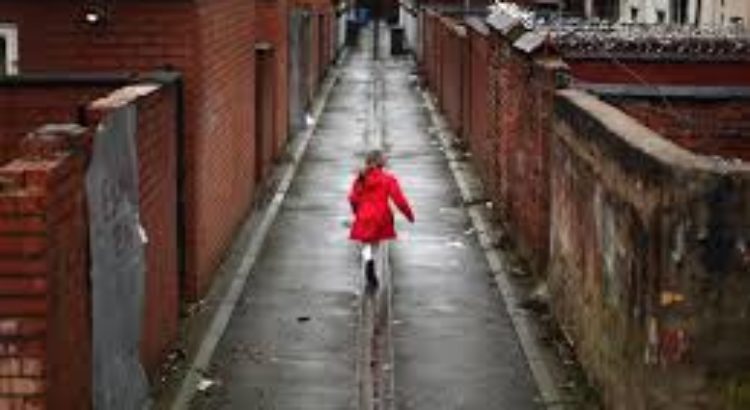United Kingdom/ 09.04.2018/ From: www.independent.co.uk.
Los niños que viven en la pobreza llegan a las puertas de la escuela con «piel gris, dientes pobres, cabello y uñas». Los niños desnutridos están llenando sus bolsillos con comida y yendo a la escuela con uniformes sucios a medida que crece el número de personas que viven en la pobreza , han advertido los directores.
Malnourished children are stuffing their pockets with food and turning up to school in dirty uniforms as the numbers living in poverty grows, headteachers have warned.
Pupils are arriving to school on Monday wearing uniforms they have been in all weekend, while others do not turn up to school because they have no shoes, staff have said.
And schools are going out of their way to give parents debt advice – and one primary school headteacher recently opened his school during the severe snow to ensure his pupils got a hot meal that day.
Speaking at the National Education Union (NEU) conference, NUT section, conference in Brighton, school leaders described how pupils arrived at the school gates with grey skin, poor teeth, hair and nails.
A survey, by the NEU and the Child Poverty Action Group, found that three in five (60 per cent) school staff believe child poverty has worsened since 2015.
And the vast majority (87 per cent) say it is having a significant impact on the learning of their pupils.
A head from a school in Cumbria, who would only give her name as “Lynn”, said her pupils put “food in their pockets to take home because they’re not sure if they’re going to get another meal that day”.
“In some establishments I would imagine that would be called stealing, but in ours it’s called survival,” she said.
Lynn added that her members of staff have washed dirty uniform for pupils and they have used their own money to buy families beds.
She added: “You can go into the town where we are and the children are wearing uniform, often something that we’ve given them, and they are wearing that at weekends.”
And Lynn described seeing children from a nearby affluent secondary school and comparing them to youngsters who had been to her school.
“My children who have gone from me up to the local secondary school have grey skin, poor teeth, poor hair, poor nails, they are smaller, they are thinner,” she said.
“You think ‘our kids are really small’, you don’t notice it because you’re with them all the time. When you then see them with children of the same age that are in an affluent area, they just look tiny.”
Ms Regan added that her school gives out food and clothing, such as winter coats and shoes, to those families in need.
She said: “We’ve had children who haven’t come to school because they didn’t have shoes, we’ve gone and bought shoes, taken them to the house and brought the child into school,” she said.
In 2015/16, there were four million children in the UK living in poverty, according to the Child Poverty Action Group (CPAG) – equivalent to nine in every classroom of 30 pupils.
A Department for Education spokesman said they have launched a social mobility action plan – which sets out measures to close the attainment gap between disadvantaged students and their classmates.
He added: “Alongside this we continue to support the country’s most disadvantaged children through free school meals, the £2.5bn funding given to schools through the Pupil Premium to support their education and the recently announced a £26m investment to kickstart or improve breakfast clubs in at least 1,700 schools.”
One headteacher told the press at the NEU conference in Brighton said that league table positions were becoming secondary to dealing with the impact of financial hardship among pupils.
Jane Jenkins, from a Cardiff primary school, said that children have turned up with just a slice of bread and margarine in their lunchbox. “It is really tough,” she said.
“When people are asking you about standards and you know, “why is your school not higher in the league tables”, often that is very much a secondary consideration for us these days,” Ms Jenkins added.
From: https://www.independent.co.uk/news/education/education-news/child-poverty-headteachers-schools-teachers-national-education-union-neu-austerity-a8283956.htm






 Users Today : 47
Users Today : 47 Total Users : 35403240
Total Users : 35403240 Views Today : 68
Views Today : 68 Total views : 3332507
Total views : 3332507